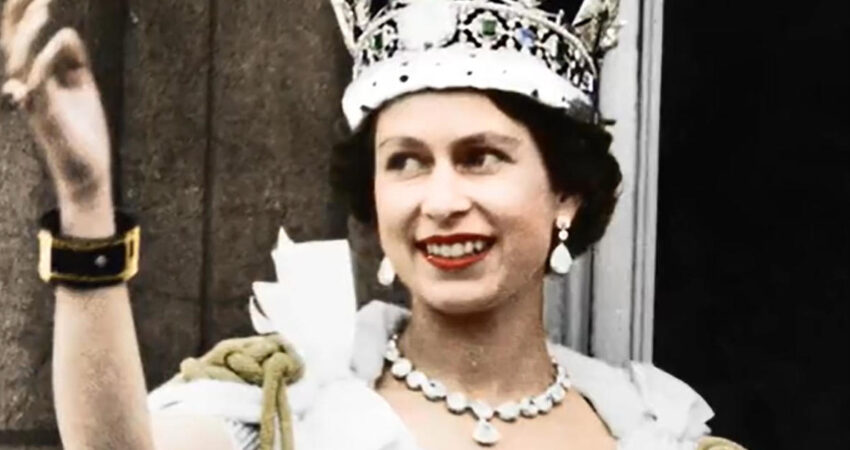—
Queen Elizabeth II, throughout her life, stood as a beacon of continuity and tradition, marking an astonishing seven decades on the British throne.
But her significance runs deeper than the years she served; she encapsulated what many would call the very soul of the nation.
As a matriarch in both her personal life and her public persona, she bridged the gap between royalty and the people, embodying the core values and spirit of Great Britain.
This blend of roles wasn’t a novel invention of Elizabeth’s era but rather a legacy passed down from her ancestor, Queen Victoria, in the 19th century.
Victoria saw herself as not just a mother to her family but to the entire nation, pioneering a form of leadership that transcended politics and served as a unifying force across the country.
This model of governance, which effectively separates the ceremonial from the political, has found resonance far beyond Britain’s borders, influencing dozens of nations worldwide from Israel to Switzerland.
Queen Elizabeth II dedicated her life to the service of her country, seeing it as her paramount duty to both preserve and adapt the monarchy to the changing times.
She strived to uphold its venerable traditions while also responding to the evolving social landscape of the nation she loved.
Her openness to change was evident early in her reign when she allowed television cameras to broadcast her coronation in 1953.
This decision turned her crowning into an unprecedented television spectacle, making the ancient ceremony accessible to millions, not just the elite few.
Throughout the following seven decades, she made the monarchy relevant, integral even, to the lives of her subjects.
She shared in their moments of happiness and stood by them through periods of sorrow, embodying the unity and resilience of the nation.
As the world now comes together to mourn her passing, it’s clear that Elizabeth’s legacy is not just in the longevity of her reign but in the profound connection she fostered between the crown and the commonwealth.
Britain and the broader international community are united in homage to a figure who was not only a monarch but a global matriarch – Elizabeth the Great, a queen not just of the United Kingdom or the Commonwealth, but of the entire world.



